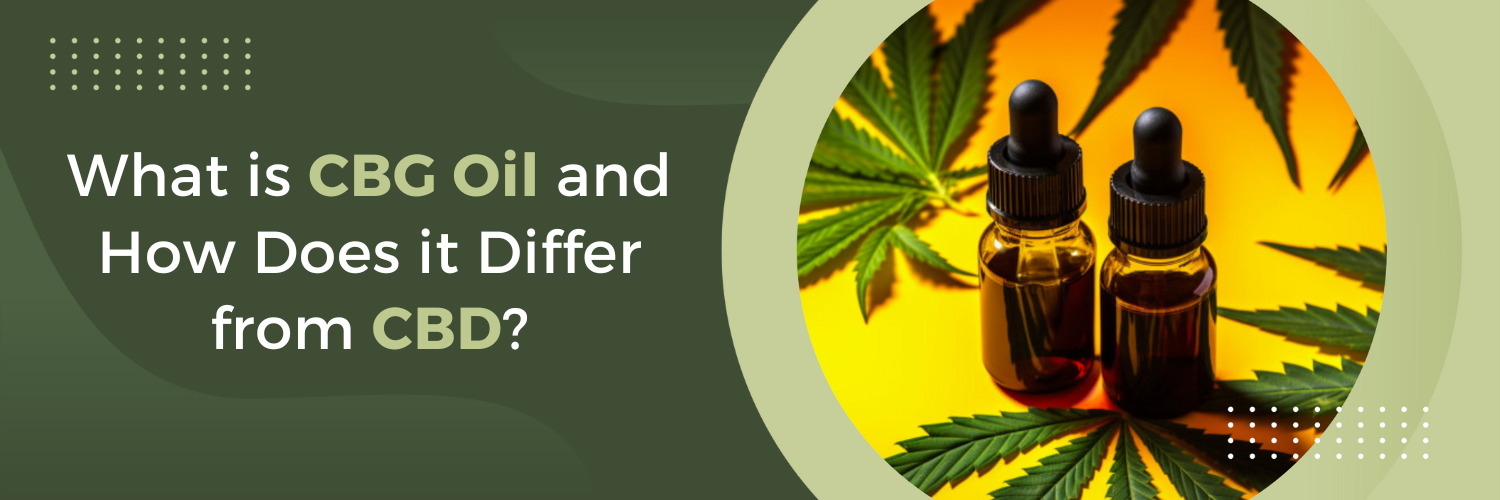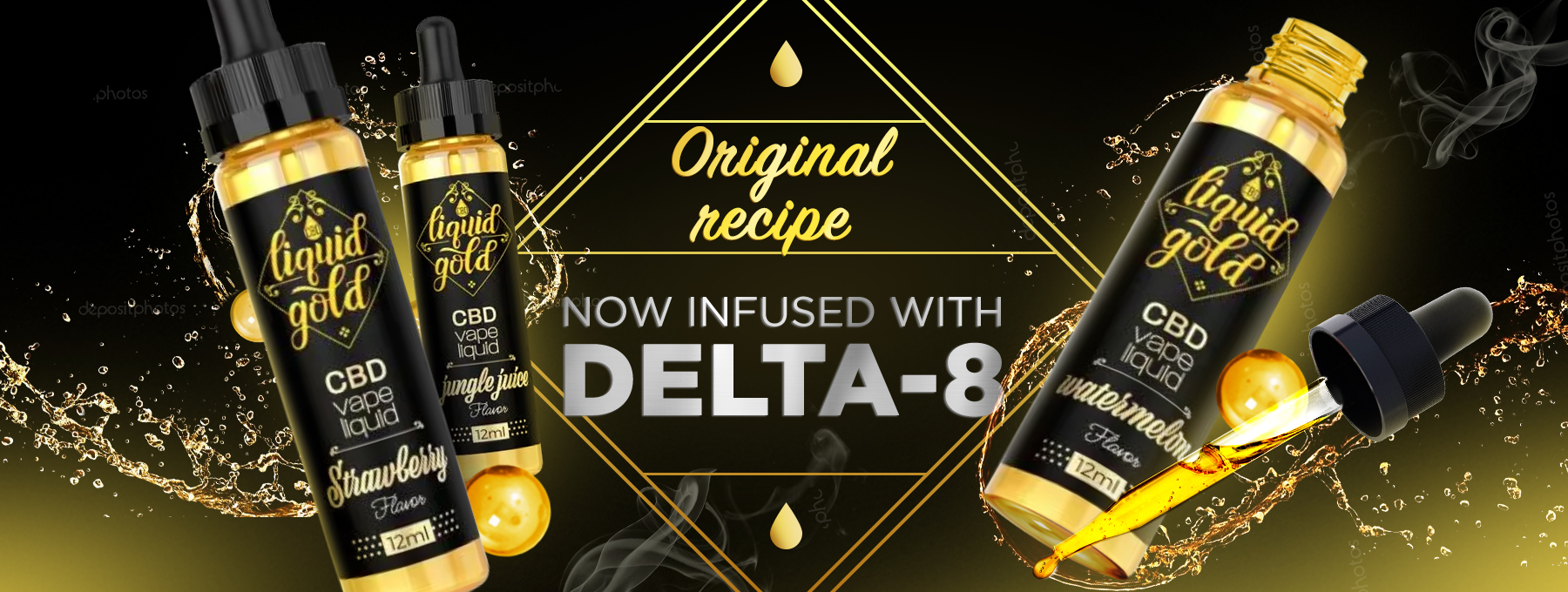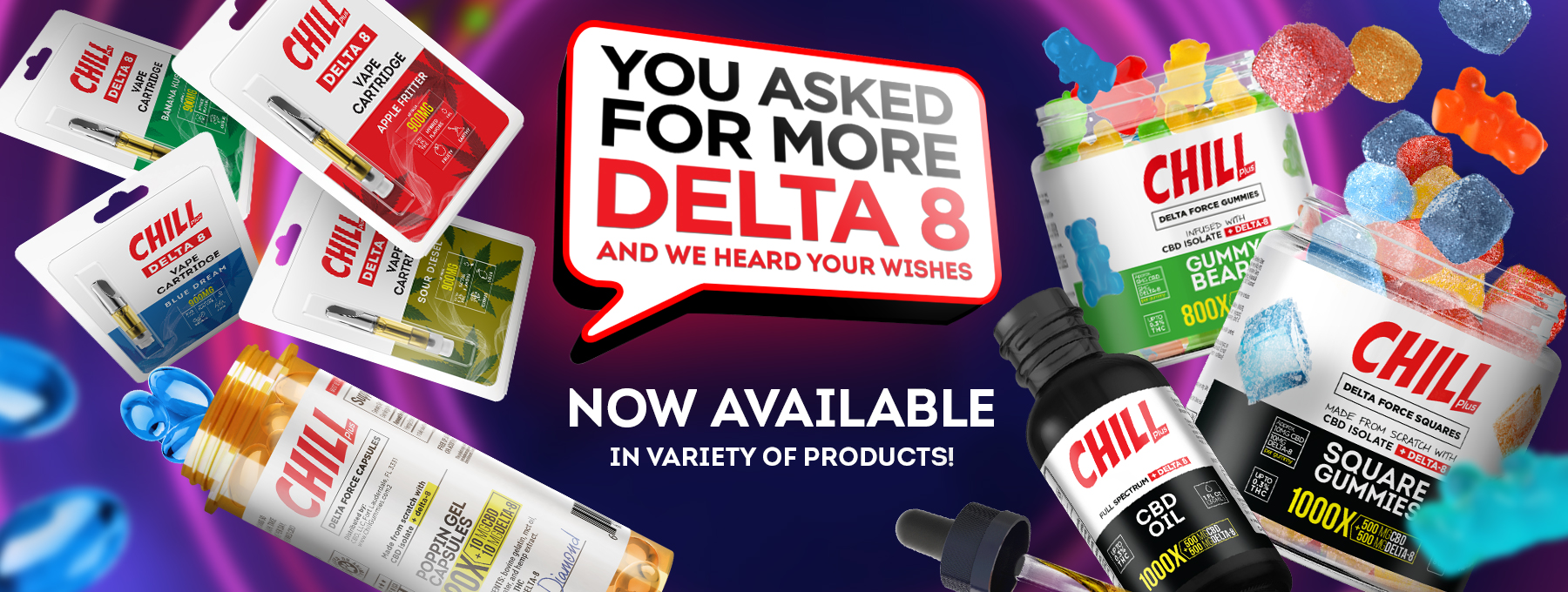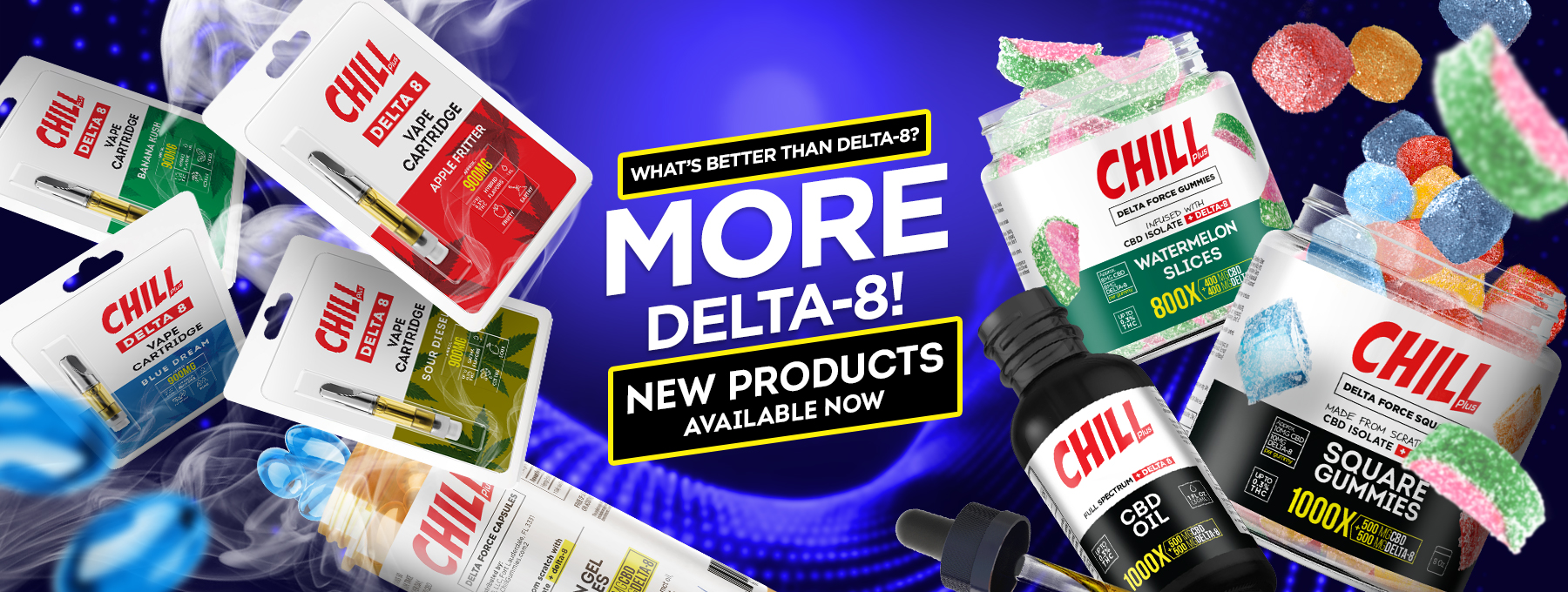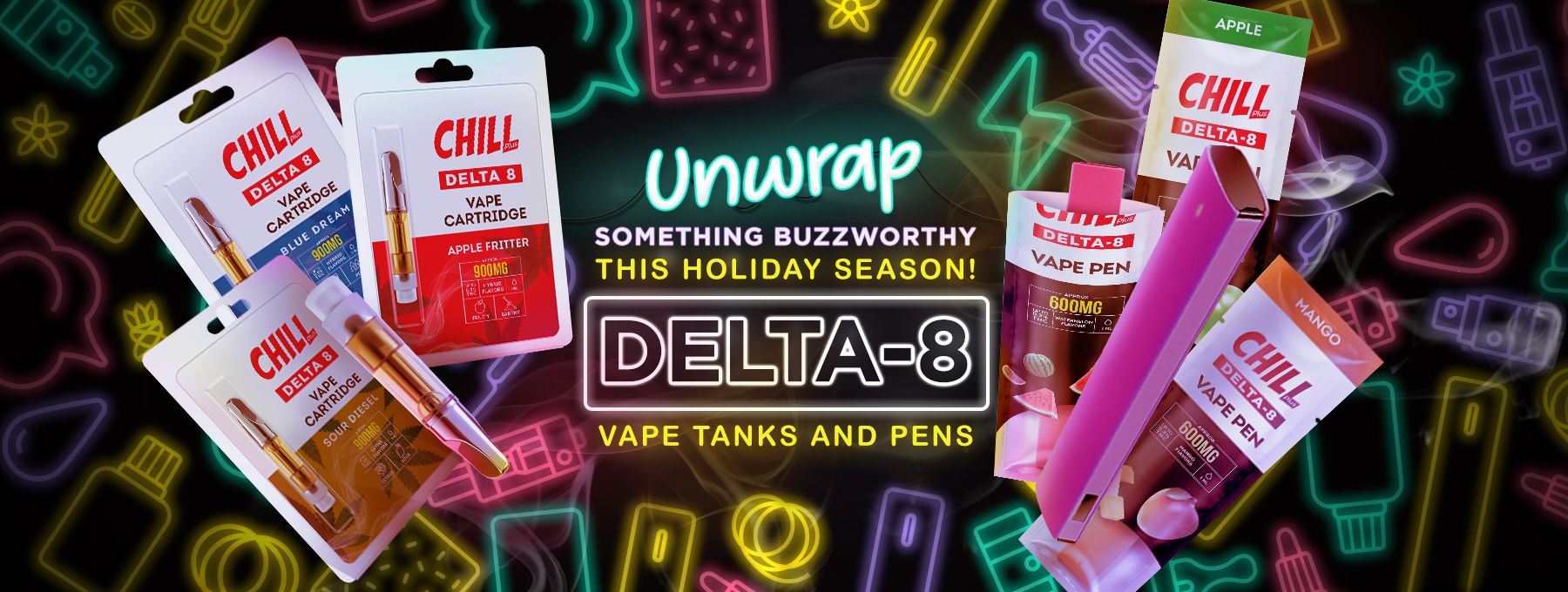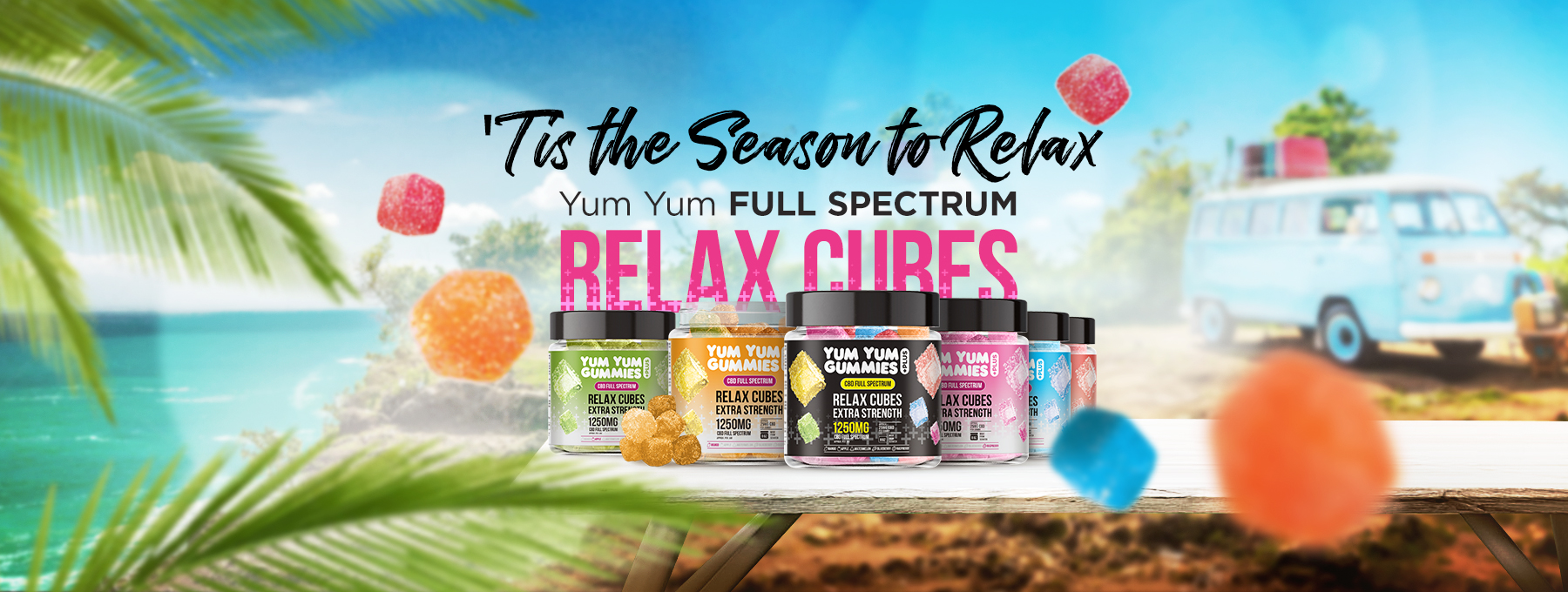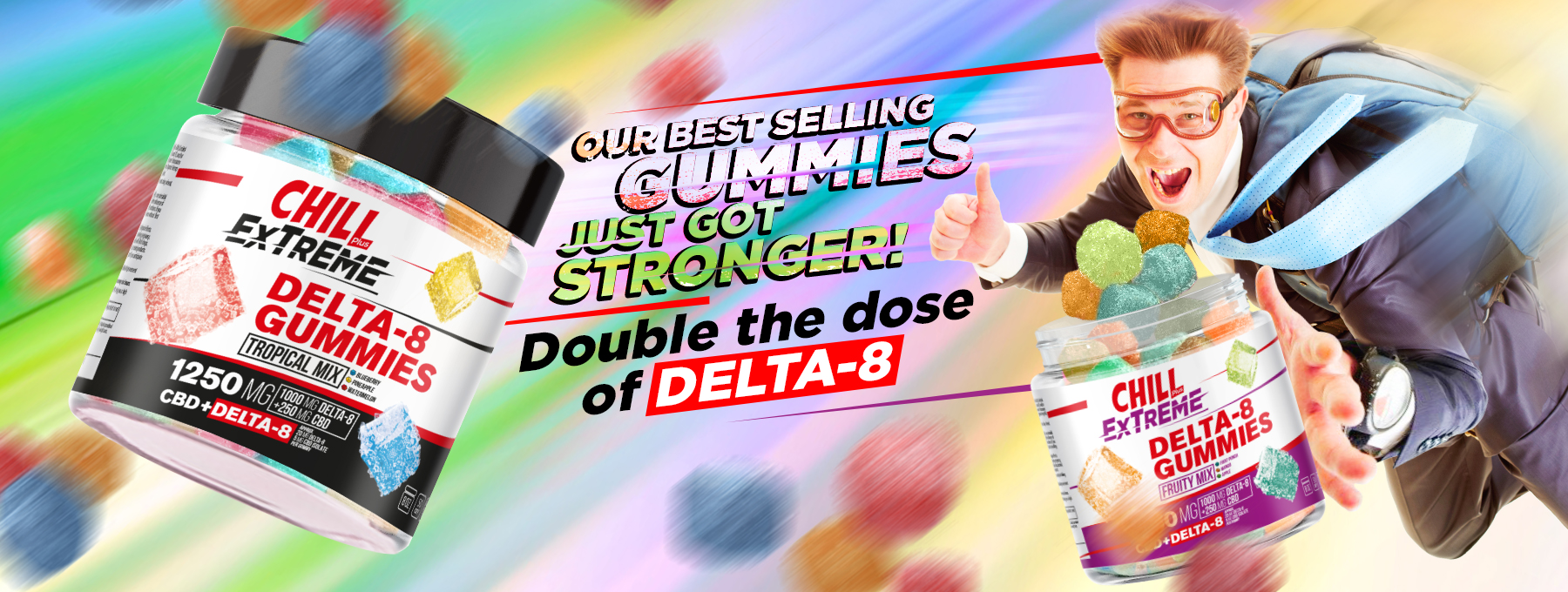What is CBG Oil?
Cannabigerol (CBG) oil is a product derived from the hemp plant. It is specifically extracted from strains of the plant that have a high concentration of CBG, a non-psychoactive cannabinoid. Unlike THC, which is the psychoactive compound in cannabis that causes the ‘high’ feeling, CBG and other cannabinoids like CBD don’t produce these psychoactive effects.
CBG is often referred to as the ‘mother’ or ‘stem cell’ of cannabinoids because it serves as the precursor from which other cannabinoids are synthesized, including THC and CBD. Despite this, most cannabis strains only contain minimal amounts of CBG, usually less than 1%, as most of it gets converted into other cannabinoids as the plant matures. However, breeders have developed high-CBG strains by manipulating genetics and cultivation methods.
Understanding CBG and CBD
CBG and CBD are both non-psychoactive cannabinoids found in the cannabis plant. Cannabigerol (CBG) is considered the precursor to other cannabinoids, as it is converted into THC (Tetrahydrocannabinol) and CBD during the growth and maturation of the cannabis plant. On the other hand, Cannabidiol (CBD) is one of the most abundant cannabinoids, known for its various health benefits. These cannabinoids interact with the body’s endocannabinoid system, a complex network of receptors that helps regulate various physiological processes.

Both CBG and CBD have shown potential health benefits, which include anti-inflammatory properties, pain relief, and neuroprotection. Additionally, CBD has gained widespread attention for its effectiveness in managing conditions like anxiety, epilepsy, and depression. Unlike THC, CBG and CBD do not produce the euphoric “high” commonly associated with marijuana use, making them safe and attractive options for individuals seeking natural remedies.
CBG Oil vs. CBD Oil: Key Differences
CBG and CBD oils are derived from different parts of the cannabis plant. CBG oil is typically extracted from young cannabis plants during the early stages of growth, as CBG is present in smaller quantities in mature plants. CBD oil, on the other hand, is commonly extracted from hemp plants, which have a higher CBD content and are legally defined as containing less than 0.3% THC.

The extraction process for CBG and CBD oils also differs. CBD oil can be extracted through various methods, including CO2 extraction and ethanol extraction, while CBG oil extraction requires more sophisticated and expensive techniques due to its lower concentration in the plant.
|
Key Differences |
CBG Oil |
CBD Oil |
| Source | Extracted from young cannabis plants during early stages of growth, as CBG is present in smaller quantities in mature plants. | Typically extracted from hemp plants, which have a higher CBD content and are legally defined as containing less than 0.3% THC. |
| Extraction Process | Requires more sophisticated and expensive techniques due to its lower concentration in the plant. | Can be extracted through various methods, including CO2 extraction and ethanol extraction. |
| Chemical Structure | CBG has a different chemical structure compared to CBD. | CBD has its unique chemical structure. |
| Potential Therapeutic Properties | -Promising as a potent pain reliever. -Exhibits neuroprotective properties. -Demonstrates antibacterial properties. |
-Known for managing anxiety and depression symptoms. -Effective in managing chronic pain and inflammation. -Potential antipsychotic properties. |
| Psychoactive Effects | Non-psychoactive; does not cause a “high”. | Non-psychoactive; does not cause a “high”. |
| Availability | Less common and may be harder to find due to its lower concentration in cannabis plants. | Widely available in various forms such as tinctures, capsules, and topicals. |
| Legal Status | Legal in some regions but may be subject to local laws and regulations. | Legal in many countries, especially if derived from hemp with less than 0.3% THC. |
| Entourage Effect | May contribute to the entourage effect when combined with other cannabinoids, potentially enhancing overall effects. | May contribute to the entourage effect when combined with other cannabinoids, potentially enhancing overall effects. |
Moreover, the chemical structures of CBG and CBD vary, leading to potentially distinct effects on the endocannabinoid system. Some researchers suggest that CBG may enhance the benefits of CBD through a synergistic effect known as the “entourage effect,” where different cannabinoids work together to produce more potent effects.
The Potential Health Benefits of CBG Oil
CBG oil has been the subject of increasing research and is gaining attention for its potential health benefits. While more studies are needed to fully understand its effects, preliminary research and anecdotal evidence suggest several promising therapeutic properties associated with CBG oil.

Some of the potential health benefits of CBG oil include:
- Pain Relief: CBG oil has shown promise as a potent pain reliever. Studies in animal models have indicated that CBG interacts with specific receptors in the endocannabinoid system, which may help reduce pain and inflammation. This makes CBG oil a potential natural alternative for individuals seeking relief from various types of pain, including chronic pain and inflammatory conditions.
- Anti-Inflammatory Effects: CBG’s anti-inflammatory properties may extend beyond pain relief. Inflammation is a common factor in many chronic diseases, and CBG’s ability to reduce inflammation could have implications for conditions like arthritis, inflammatory bowel disease (IBD), and other autoimmune disorders.
- Neuroprotective Properties: CBG has shown neuroprotective potential, suggesting it may help protect nerve cells from damage and degeneration. This is particularly relevant in the context of neurodegenerative diseases such as Alzheimer’s, Parkinson’s, and Huntington’s disease. CBG’s neuroprotective effects could hold promise for supporting brain health and potentially slowing the progression of such conditions.
- Antibacterial Activity: CBG has demonstrated antibacterial properties, particularly against drug-resistant bacteria. This suggests that CBG oil may be effective in combating bacterial infections that have become resistant to traditional antibiotics. Further research in this area may lead to the development of CBG-based antimicrobial treatments.
- Glaucoma Management: Some studies suggest that CBG may help reduce intraocular pressure, which is a key risk factor for glaucoma, a condition that can lead to vision loss. While more research is needed, CBG’s potential as a glaucoma management option has generated interest in the medical community.
- Appetite Stimulation: CBG may play a role in appetite stimulation. In animal studies, CBG has been shown to increase food intake, which could have implications for individuals struggling with appetite loss due to various medical conditions or treatments like chemotherapy.
- Potential Anticancer Properties: While research is in its early stages, some studies have indicated that CBG may have anticancer properties. CBG has been investigated for its potential to inhibit the growth of cancer cells and reduce tumor size in preclinical studies. However, further research and human clinical trials are necessary to fully understand CBG’s potential in cancer treatment.
CBD oil is perhaps the most well-known cannabinoid extract due to its diverse therapeutic benefits. Studies have shown that CBD can effectively reduce anxiety and depression symptoms by interacting with serotonin receptors in the brain. Additionally, it has been approved by the FDA as a treatment for epilepsy in the form of Epidiolex, a CBD-based medication.
Moreover, CBD has shown potential in managing chronic pain and inflammation, making it a popular option for individuals seeking natural alternatives to traditional pain medications. Its antipsychotic properties have also sparked interest in using CBD as a supplementary treatment for schizophrenia and other mental health disorders.
Combining CBG and CBD: The Entourage Effect
The “entourage effect” is a phenomenon that suggests cannabinoids may be more effective when used together rather than in isolation. Combining CBG and CBD can potentially enhance the overall therapeutic effects of both compounds. As mentioned earlier, some researchers believe that CBG enhances the benefits of CBD through synergy, leading to increased effectiveness in managing certain conditions.

1. Enhanced Therapeutic Effects: Combining CBG and CBD can potentially create a more robust and balanced impact on the body’s endocannabinoid system. While both cannabinoids have individual health benefits, their combined action may result in a more significant effect on certain conditions.
2. Improved Pain Relief: CBG and CBD have both shown potential as pain relievers, and their combination may lead to more effective pain management. Studies suggest that the entourage effect may amplify their analgesic properties, providing relief for individuals suffering from chronic pain, inflammatory conditions, and neuropathic pain.
3. Anxiety and Stress Reduction: CBD is well-known for its anxiolytic properties, helping to reduce anxiety and stress levels. Combining CBG and CBD may offer a more comprehensive approach to managing anxiety and related disorders, potentially increasing the overall calming and relaxing effects.
4. Neuroprotection: CBG has demonstrated neuroprotective properties, and combining it with CBD could potentially enhance its neuroprotective effects. This could be particularly beneficial for individuals with neurodegenerative conditions, such as Alzheimer’s disease or Parkinson’s disease.
5. Anti-Inflammatory Effects: CBG and CBD both exhibit anti-inflammatory properties, and when used together, they may provide a more significant reduction in inflammation. This could be valuable for managing conditions like arthritis, inflammatory bowel diseases, and other inflammatory disorders.
6. Antioxidant Activity: Both CBG and CBD have antioxidant properties, which help neutralize harmful free radicals in the body. Combining these cannabinoids may strengthen their antioxidant activity, contributing to overall cellular health and potentially reducing the risk of oxidative stress-related diseases.
7. Epilepsy and Seizure Management: While CBD has gained recognition as an antiepileptic agent, combining it with CBG might further improve its effectiveness in reducing the frequency and intensity of seizures in
While more research is needed to fully understand the entourage effect and the specific interactions between CBG and CBD, early studies and anecdotal evidence suggest that using these cannabinoids together may provide a more comprehensive and balanced approach to health and wellness.
In addition to CBG and CBD, there are over 100 other cannabinoids in the cannabis plant that could contribute to the entourage effect. These include THC, CBC (Cannabichromene), and CBN (Cannabinol), among others.
Legality and Safety of CBG and CBD Products
The legal status of CBG and CBD products varies depending on the country and region. In the United States, the legal landscape is influenced by federal and state laws. As of the last update in September 2021, the following general guidelines apply to the legality of CBG and CBD products in the United States:

- CBD Products: CBD products derived from hemp plants containing less than 0.3% THC are generally legal under the 2018 Farm Bill. This legislation removed hemp and its derivatives (including CBD) from the Controlled Substances Act, making it federally legal. However, states can impose their own regulations, so it is essential to check local laws regarding CBD’s legality in specific states.
- CBG Products: CBG is a relatively newer cannabinoid, and its legal status may not be as well-defined as CBD’s. CBG products that are derived from hemp and contain less than 0.3% THC are likely to be treated similarly to CBD products and may be considered federally legal under the 2018 Farm Bill. However, the availability and legality of CBG products may vary depending on the region, and it is essential to research local laws before purchasing or using CBG products.
- Full-Spectrum vs. Broad-Spectrum vs. Isolate: It’s important to note that full-spectrum CBD or CBG products contain trace amounts of THC, while broad-spectrum products are THC-free. Isolate products, on the other hand, contain only the isolated cannabinoid (CBD or CBG) without other compounds. The legal status of these different product types may vary, so consumers should be aware of the specific formulation when assessing their legality.
Safety of CBG and CBD Products
Both CBG and CBD are generally considered safe for most individuals when used responsibly and in appropriate doses. However, like any supplement or medication, they may cause side effects in some people. Here are some important safety considerations:

- Interactions with Medications: CBG and CBD can interact with certain medications, particularly those metabolized by the liver’s cytochrome P450 enzymes. These interactions may affect drug metabolism and lead to potential adverse effects. If you are taking medications, it is crucial to consult with a healthcare professional before using CBG or CBD products to avoid potential drug interactions.
- Side Effects: While side effects are generally mild and rare, some individuals may experience mild reactions such as drowsiness, dry mouth, changes in appetite, or diarrhea. It is essential to start with a low dose and gradually increase as needed while monitoring for any adverse effects.
- Product Quality and Purity: To ensure safety, consumers should purchase CBG and CBD products from reputable and trustworthy sources. Look for products that undergo third-party testing to verify their potency, purity, and absence of contaminants.
- Pregnancy and Breastfeeding: The safety of CBG and CBD products during pregnancy and breastfeeding has not been conclusively established. Pregnant or breastfeeding individuals should avoid using these products without consulting a healthcare professional.
- Sensitivity and Allergies: Some individuals may be sensitive or allergic to cannabinoids or other ingredients in CBG and CBD products. If you experience any adverse reactions, discontinue use and seek medical advice.
- Age Restrictions: CBG and CBD products are not recommended for use by children without the guidance of a healthcare professional. The developing bodies and brains of children may respond differently to cannabinoids, and it is essential to prioritize safety in these cases.
Extraction Methods of CBG Oil
1. CO2 Extraction: This is considered one of the most efficient and cleanest methods to extract CBG from the hemp plant. The process involves using pressurized carbon dioxide (CO2) to pull CBG from the plant. It’s done at a low temperature, and the process is often referred to as “Supercritical CO2 Extraction.” This extraction method allows for a highly-concentrated, pure extract that maintains the plant’s natural properties.
2. Ethanol Extraction: This method uses ethanol, a high-proof grain alcohol, as a solvent to extract the desired compounds from the hemp plant. The plant material is soaked in ethanol, and then the liquid is evaporated, leaving behind the extract. While this method is less expensive and relatively easy, it can sometimes pull more chlorophyll from the plant, which can give the final product a bitter taste.
3. Carrier Oil Extraction: Also known as the oil infusion method, this is one of the oldest and most natural methods. The hemp plant is decarboxylated (heated) to activate the chemicals in it. Then, it’s added to a carrier oil (like olive oil or coconut oil) and heated again for several hours. This process extracts the cannabinoids and infuses them into the carrier oil. Although this method is safe and straightforward, it’s not as effective as the CO2 or ethanol methods. The final product is also less concentrated and has a shorter shelf life.
The extraction method plays a crucial role in the quality and efficacy of the final product. Each method has its pros and cons, but CO2 extraction is often considered the best method due to its ability to produce high-quality, potent CBG oil while maintaining the integrity of the plant compounds.
Conclusion

The world of cannabinoids presents a fascinating array of possibilities for natural health and wellness. CBG and CBD stand out as two prominent compounds with significant potential health benefits. CBG oil shows promise as a powerful pain reliever, neuroprotective agent, and antibacterial substance, while CBD oil remains popular for its efficacy in managing anxiety, inflammation, and epilepsy.
As you explore the potential benefits of CBG and CBD, it’s essential to understand their distinct properties and how they can complement each other through the entourage effect. Combining these cannabinoids may lead to enhanced therapeutic effects and broader health benefits.
Before incorporating CBG or CBD products into your daily routine, always consult with a healthcare professional, especially if you have any pre-existing health conditions or are taking medications. Your healthcare provider can provide personalized advice and ensure that these products align with your specific needs and wellness goals.
To further explore the benefits of cannabinoids and high-quality CBG and CBD products, we invite you to check out the offerings of Leaf Alleviate. Their range of premium products undergoes rigorous testing to ensure safety, purity, and potency. Take the next step in your journey to natural wellness by visiting Leaf Alleviate’s website to learn more about their exceptional offerings.
FAQs
Q: What is the difference between CBG and CBD?
CBG and CBD are both non-psychoactive cannabinoids found in the cannabis plant. While they have similar origins and interact with the endocannabinoid system, they have distinct chemical structures and potential therapeutic effects. CBG is considered the precursor to other cannabinoids and is being studied for its potential as a pain reliever, neuroprotective agent, and antibacterial substance. On the other hand, CBD is known for its role in managing anxiety, depression, epilepsy, and chronic pain.
Q: Is CBG oil legal in all states?
The legal status of CBG oil depends on the country and region. In the United States, CBG products derived from hemp with less than 0.3% THC are generally considered federally legal under the 2018 Farm Bill. However, specific state laws may vary, so it is essential to check local regulations before purchasing or using CBG oil.
Q: Can I use CBG and CBD oils together?
Yes, you can use CBG and CBD oils together. In fact, some individuals believe that using these cannabinoids in combination can enhance their overall effects through the entourage effect. However, the optimal ratio and dosages of CBG and CBD require further research to be fully understood.
Q: Does CBG cause any psychoactive effects?
No, CBG does not cause psychoactive effects. Unlike THC, which is another cannabinoid found in cannabis, CBG is non-psychoactive, meaning it does not produce a “high” or altered state of consciousness.
Q: Are there any side effects of CBG and CBD?
CBG and CBD are generally considered safe and well-tolerated by most individuals. However, some people may experience mild side effects such as drowsiness, dry mouth, or changes in appetite. It is essential to start with a low dose and consult with a healthcare professional if you experience any adverse reactions.

